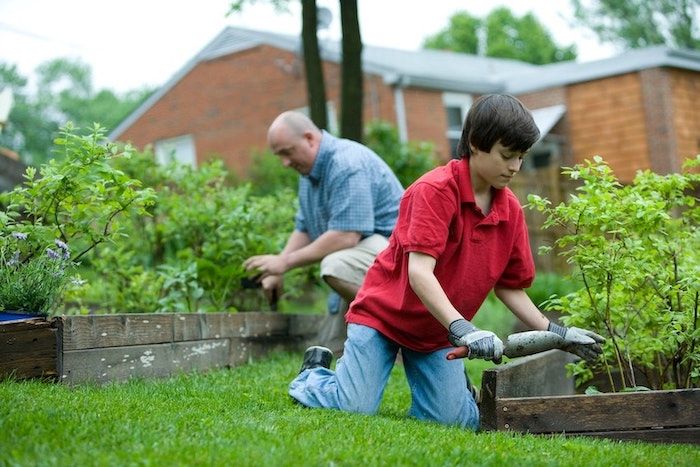Gardening isn't merely about growing plants; it's a way to connect with nature while nurturing a sustainable ecosystem. As the world becomes increasingly conscious of environmental issues, sustainable gardening practices have gained momentum, offering a way to cultivate green spaces while minimizing negative impacts on the planet.
Understanding Sustainable Gardening
Sustainable gardening revolves around the idea of harmonizing with nature rather than dominating it. It encompasses a range of practices aimed at reducing waste, conserving resources, and supporting biodiversity.
Key Principles of Sustainable Gardening
Water Conservation: Water is precious. Implementing techniques like drip irrigation, mulching, and collecting rainwater reduces water waste while keeping plants hydrated.
Soil Health: Healthy soil is the foundation of a thriving garden. Practices such as composting, crop rotation, and using organic fertilizers enrich the soil, promoting better plant growth and resilience.
Native Plants: Choosing plants native to your region supports local ecosystems. Native plants are adapted to the climate and require fewer resources, such as water and pesticides, to thrive.
Wildlife Support: Creating habitats for beneficial insects, birds, and and other wildlife fosters biodiversity and assists in natural pest control. Features like bird feeders, bee-friendly plants, and insect hotels encourage a balanced ecosystem.
Reducing Chemical Usage: Limiting the use of synthetic pesticides and herbicides minimizes harm to the environment and encourages natural pest control methods, such as companion planting and biological pest control.
Practical Sustainable Gardening Techniques
Composting: Recycling kitchen and garden waste into nutrient-rich compost not only reduces landfill waste but also provides a natural fertilizer for plants.
Mulching: Applying mulch to garden beds conserves moisture, suppresses weeds, and improves soil structure. Organic mulches like wood chips or straw decompose over time, enriching the soil.
Rainwater Harvesting: Installing rain barrels or cisterns to collect rainwater reduces reliance on municipal water supplies and provides a natural, chlorine-free water source for plants.
Crop Diversity and Rotation: Planting a variety of crops and rotating them seasonally prevents soil depletion and reduces the risk of pest and disease buildup.
Integrated Pest Management (IPM): IPM involves monitoring pests and using a combination of techniques, such as biological controls, traps, and cultural practices, to manage pest populations while minimizing harm to beneficial organisms.
Benefits of Sustainable Gardening
Environmental Preservation: By reducing chemical usage and conserving resources, sustainable gardening minimizes harm to ecosystems and contributes positively to the environment.
Cost-Efficiency: Practices like composting, mulching, and rainwater harvesting can save money on fertilizers, water bills, and pest control products over time.
Healthier Produce: Organic and naturally grown fruits and vegetables from sustainable gardens often contain more nutrients and fewer harmful residues, promoting better health.
Biodiversity Support: Creating habitats for diverse species promotes a balanced ecosystem, contributing to the overall health of the environment.
Conclusion
Sustainable gardening isn't just a trend; it's a responsibile way to cultivate and interact with the natural world. By incorporating these practices into our gardens, we can play a role in conserving resources, supporting biodiversity, and nurturing healthier environments for generations to come. Start small, experiment, and watch your garden flourish while positively impacting the planet.
Free Speech and Alternative Media are under attack by the Deep State. We need your support to survive.
Please Contribute via GoGetFunding



